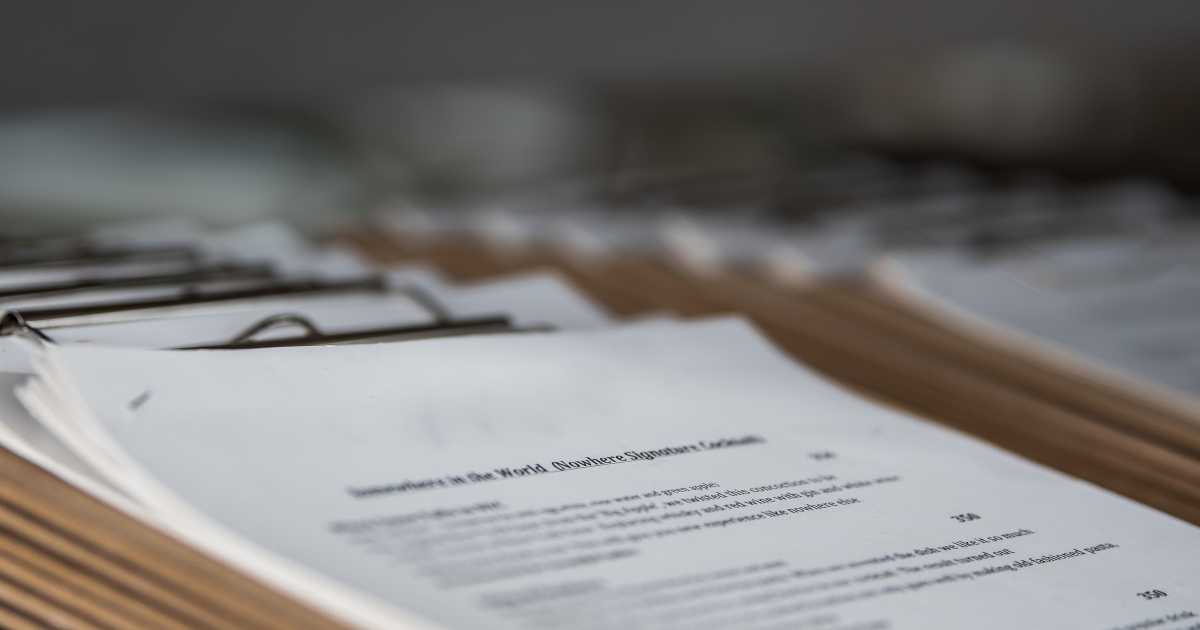Consultancy Services
Pollution Control License
Pollution Control License

A Pollution Control License, also known as an Environmental Clearance or Consent to Operate, is a legal document issued by the relevant environmental authority or regulatory agency.
This license is required for businesses or industries that have the potential to generate pollution or have an impact on the environment.
It ensures that the operation is carried out in compliance with environmental regulations and that appropriate measures are taken to mitigate and control pollution. Here are the key aspects of obtaining a Pollution Control License:
- 1. Application Process:
- 2. Environmental Impact Assessment (EIA):
- 3. Compliance with Environmental Standards:
- 4. Pollution Prevention and Control Measures:
- 5. Monitoring and Reporting:
- 6. Renewals and Compliance Monitoring:
- 7. Environmental Management Systems:
- 8. Penalties and Enforcement:
Contact the local environmental authority or regulatory agency responsible for issuing Pollution Control Licenses. Submit an application form along with relevant documents, which may include project details, site plans, environmental impact assessments, waste management plans, and emission control measures.
Depending on the scale and nature of the project, an Environmental Impact Assessment may be required. This assessment evaluates the potential environmental and social impacts of the proposed activity and provides recommendations for mitigating those impacts.
Demonstrate compliance with environmental standards and regulations applicable to your industry or sector. This includes adhering to emission limits, waste management guidelines, water usage restrictions, noise control measures, and other relevant environmental parameters.
Outline the pollution prevention and control measures that will be implemented to minimize environmental impacts. This may include installing pollution control equipment, implementing best practices for waste management, and adopting technologies that reduce emissions and resource consumption.
Develop a monitoring and reporting system to regularly assess and report environmental parameters. This may involve monitoring air quality, water discharges, noise levels, hazardous waste disposal, and other relevant factors. Regular reporting to the environmental authority is necessary to demonstrate compliance.
Pollution Control Licenses are typically granted for a specific duration. Renewals require demonstrating ongoing compliance with environmental regulations and submission of periodic reports. Regulatory authorities may conduct inspections and audits to verify compliance.
Implement an Environmental Management System (EMS) to ensure continuous improvement in environmental performance. An EMS helps identify environmental risks, set targets for pollution reduction, and implement measures to achieve sustainability goals.
Be aware of the penalties and consequences of non-compliance with environmental regulations. Violations can result in fines, legal action, suspension of operations, or revocation of the Pollution Control License.
It is important to consult with environmental consultants or experts well-versed in local environmental regulations to ensure compliance and a smooth application process.
By obtaining a Pollution Control License, businesses demonstrate their commitment to environmental stewardship, protect public health, and contribute to sustainable development.